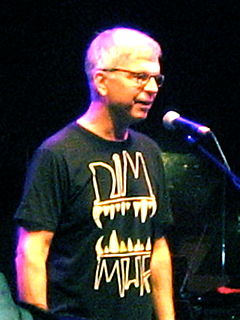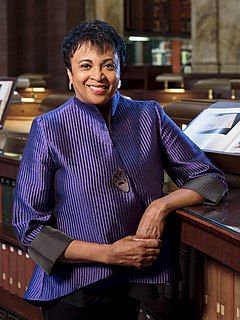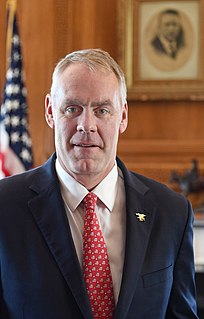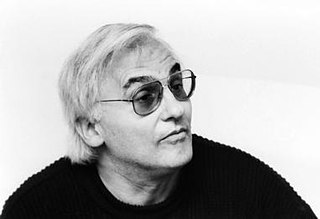Top 1200 Information Technology Quotes & Sayings - Page 19
Explore popular Information Technology quotes.
Last updated on November 15, 2024.
There's already a lot of active research going on using the Crispr technology to fix diseases like Duchenne muscular dystrophy or cystic fibrosis or Huntington's disease. They're all diseases that have known genetic causes, and we now have the technology that can repair those mutations to provide, we hope, patients with a normal life.
Space has not changed but technology has, in many cases, improved dramatically. A good example is digital technology where today's cell phones are far more powerful than the computers on the Apollo Command Module and Lunar Module that we used to navigate to the moon and operate all the spacecraft control systems.
Through the information the Pleiadians bring, we come into a new innate understanding of ourselves, and a new remembering. That really allows us to move forward on our path with that information. It's empowering. It puts things in perspective, back into place. It makes sense of everything that we are and what we're doing here, and what we have done and where we are going.
Such compression of large amounts of information into a few exformation-rich macrostates with small quantities of nominal information are not only intelligent: they are very beautiful: yes, even sexy. Seing a jumble of confused data and shreds of rote learning compressed into a concise, clear message can be a real turn-on.
Information obtained from detainees at Guantanamo has been described by the CIA as 'the lead information' that enabled the agency to recognize the importance of a courier for Usama bin Laden, a crucial understanding that led to Bin Laden's secret hideout in Pakistan and the U.S. raid that killed him.
I am much less concerned with whatever it is technology may be doing to people that what people are choosing to do to one another through technology. Facebook's reduction of people to predictively modeled profiles and investment banking's convolution of the marketplace into an algorithmic battleground were not the choices of machines.
If the courts regarded tweets and other social media information as private, it would not prevent the law enforcement from getting information it really needs. But the government would have to get a search warrant, which requires it to show that it has probable cause connecting what is being searched to a crime.
If you rely on the media for your information, to educate yourself about the candidates and what issues are facing the country, then you get just part of the equation. I think it's important that we as citizens of this democracy take the responsibility to get as much information as possible before we go into the voting booth.
If we're not able to launch our own people and operate our own spacecraft anymore then, you know, space - whether it should be or not, it's seen as like a harbinger of technology. If you can fly people into space, if you can operate into space, then you've got high technology and if you're the leader of that, then you're the leader in technology. If we lose that on a more or less permanent basis, or for a long period of time, my fear is that it will creep into the national psyche in all areas and we as a nation as a whole will kind of be diminished.
The whole thing about writing a play is that it's all about controlling the flow of information traveling from the stage to the audience. It's a stream of information, but you've got your hand on the tap, and you control in which order the audience receives it and with what emphasis, and how you hold it all together.
We have more information now than we can use, and less knowledge and understanding than we need. Indeed, we seem to collect information because we have the ability to do so, but we are so busy collecting it that we haven't devised a means of using it. The true measure of any society is not what it knows but what it does with what it knows.
I want to have all that scientific information that we're building be used in designing the future so that people who make geographic decisions - and here it's not just land-use planners, but it's everyone: foresters, transportation engineers, people who buy a house - can analyze all of these information layers and design a future.



























































